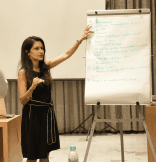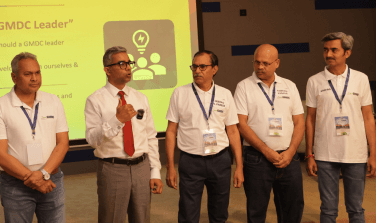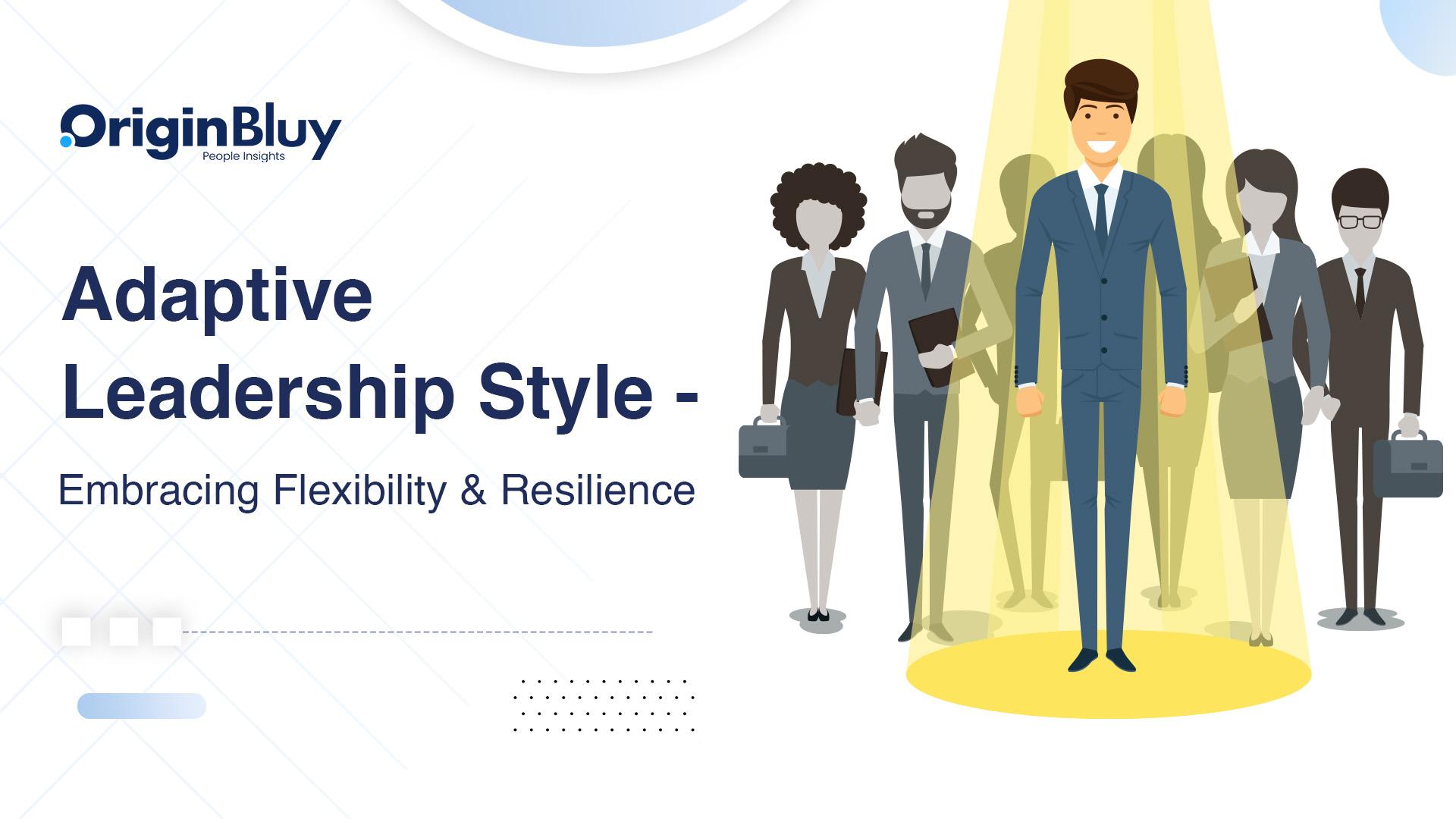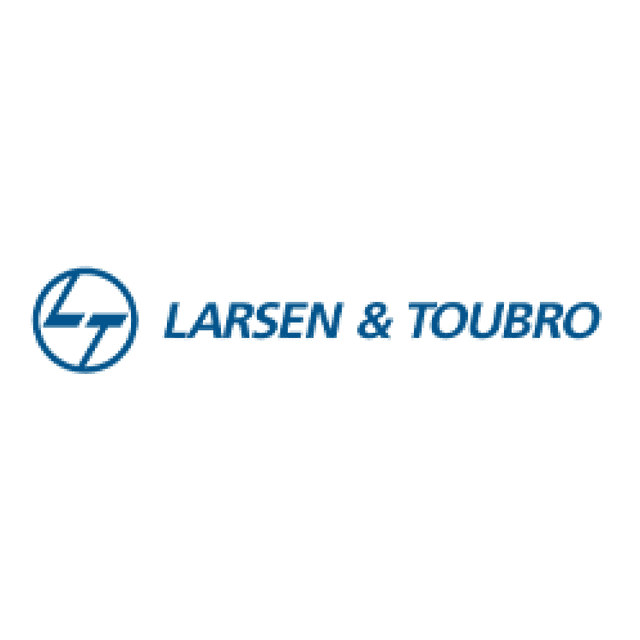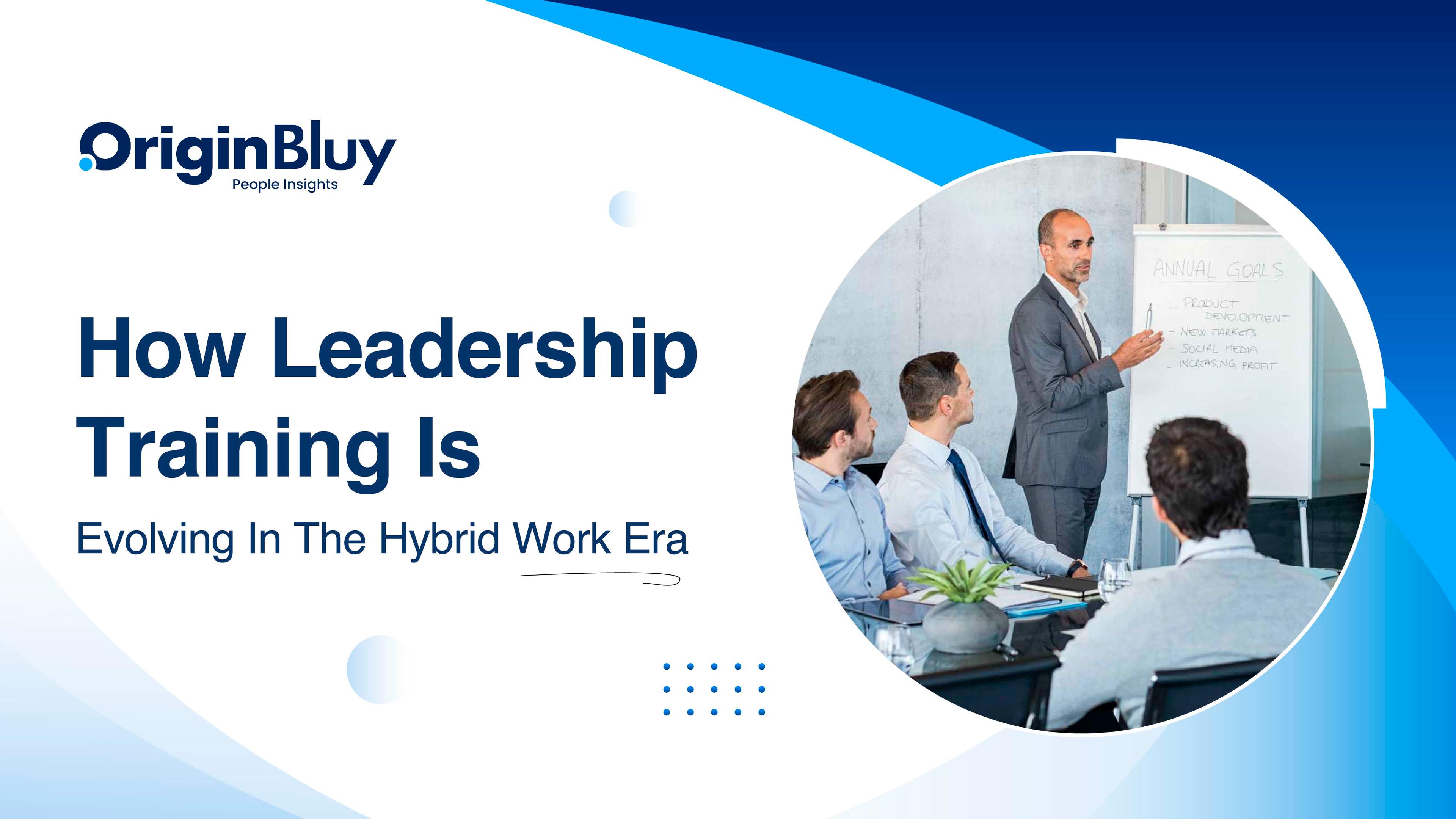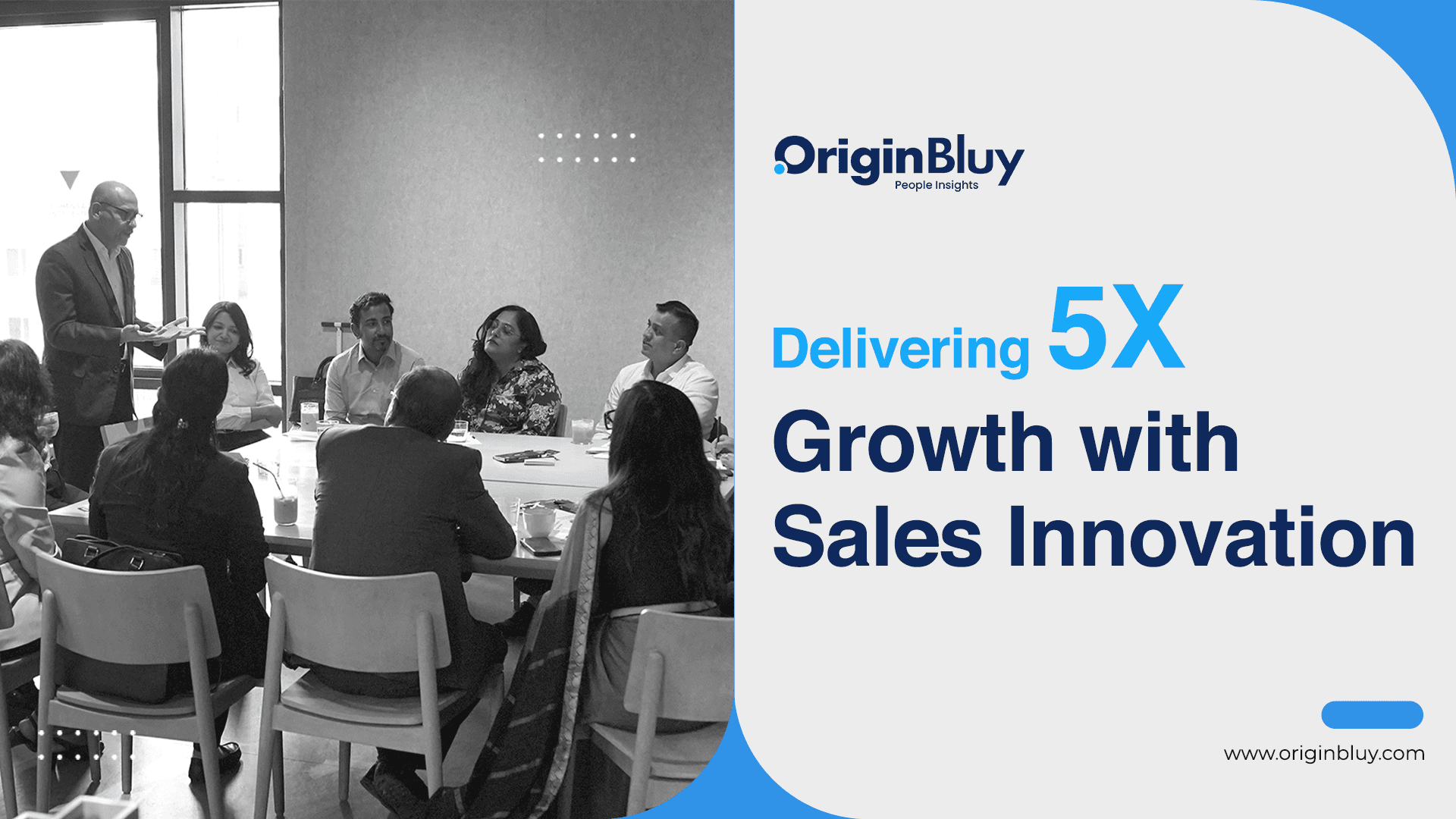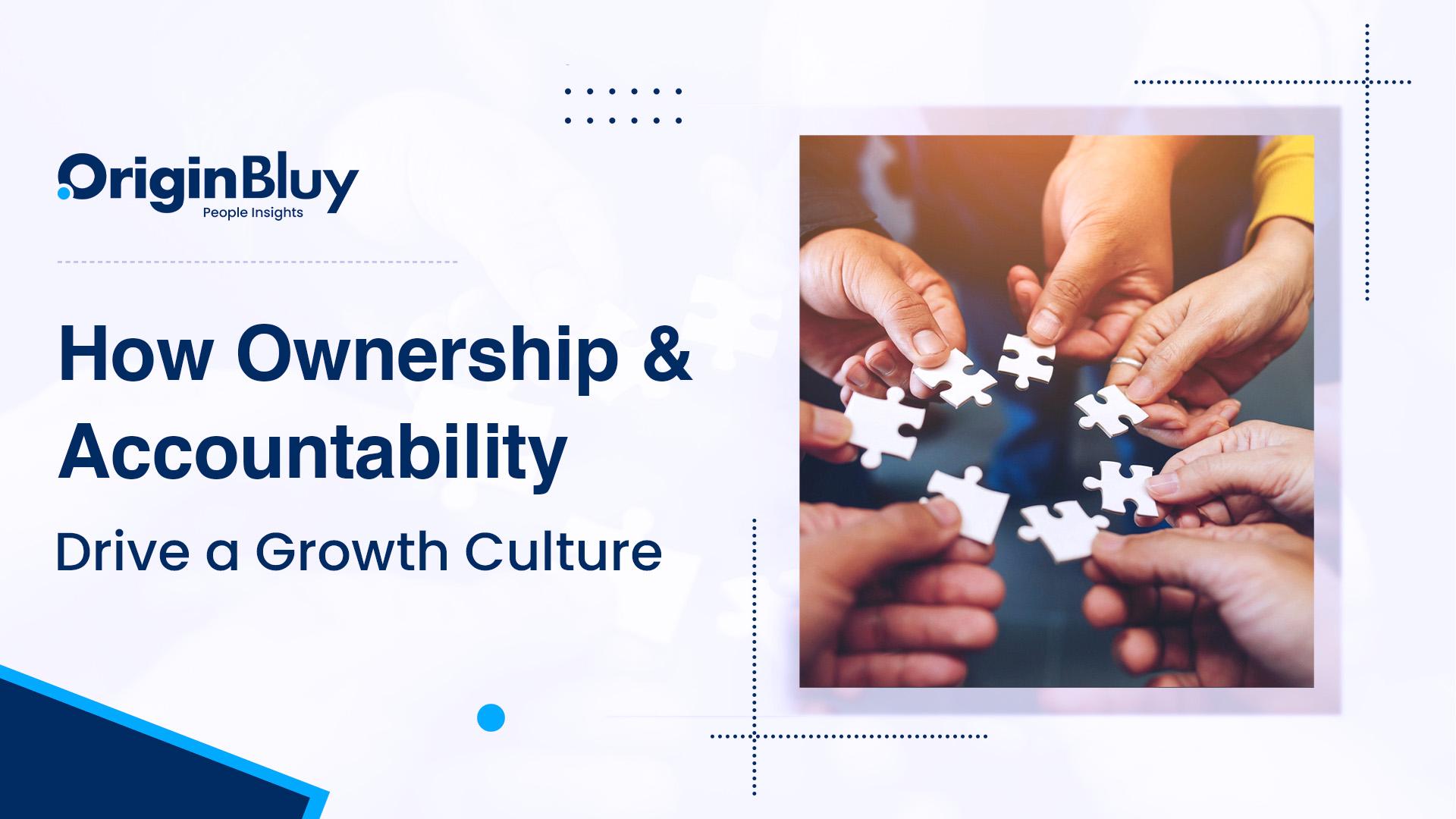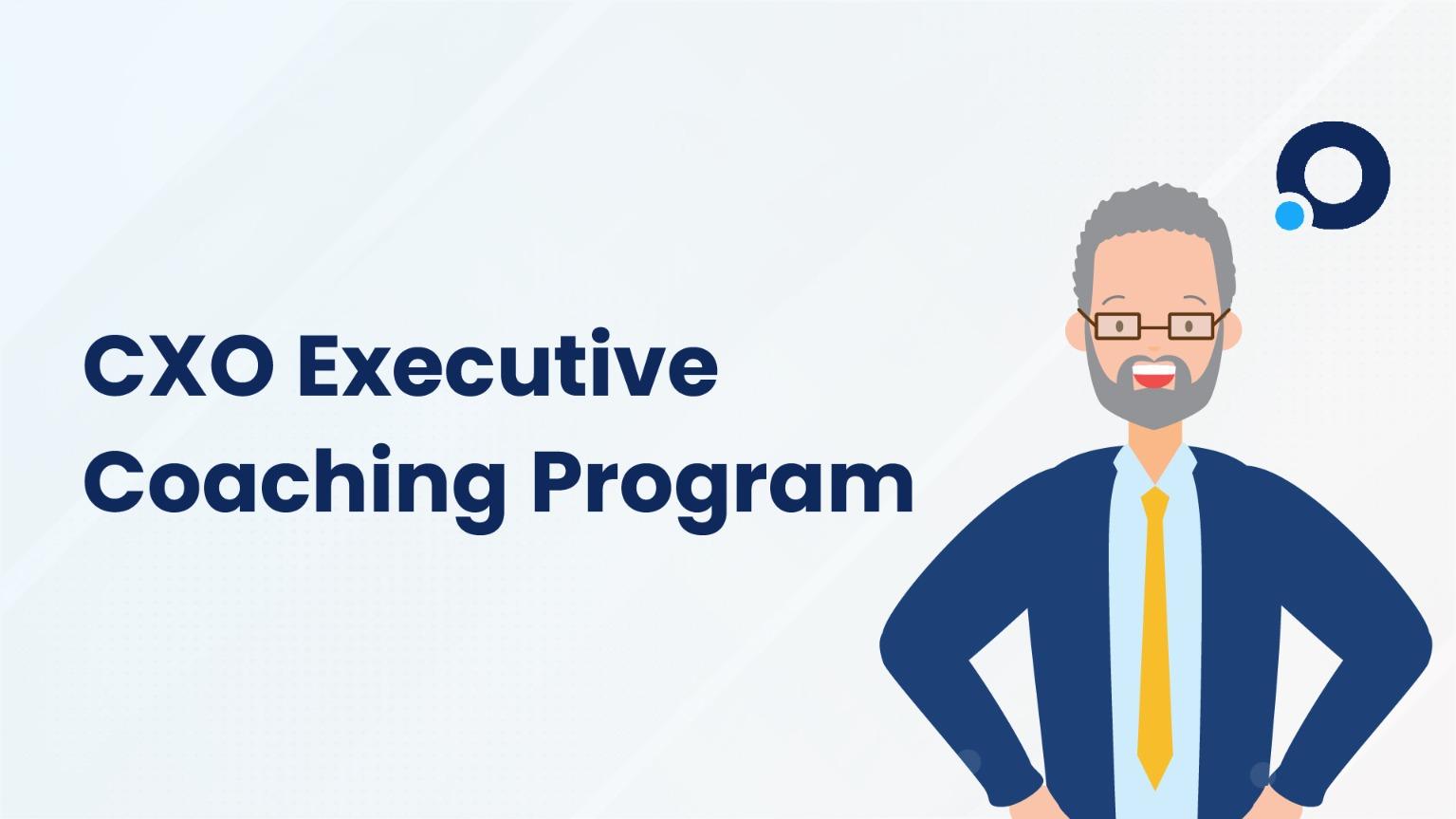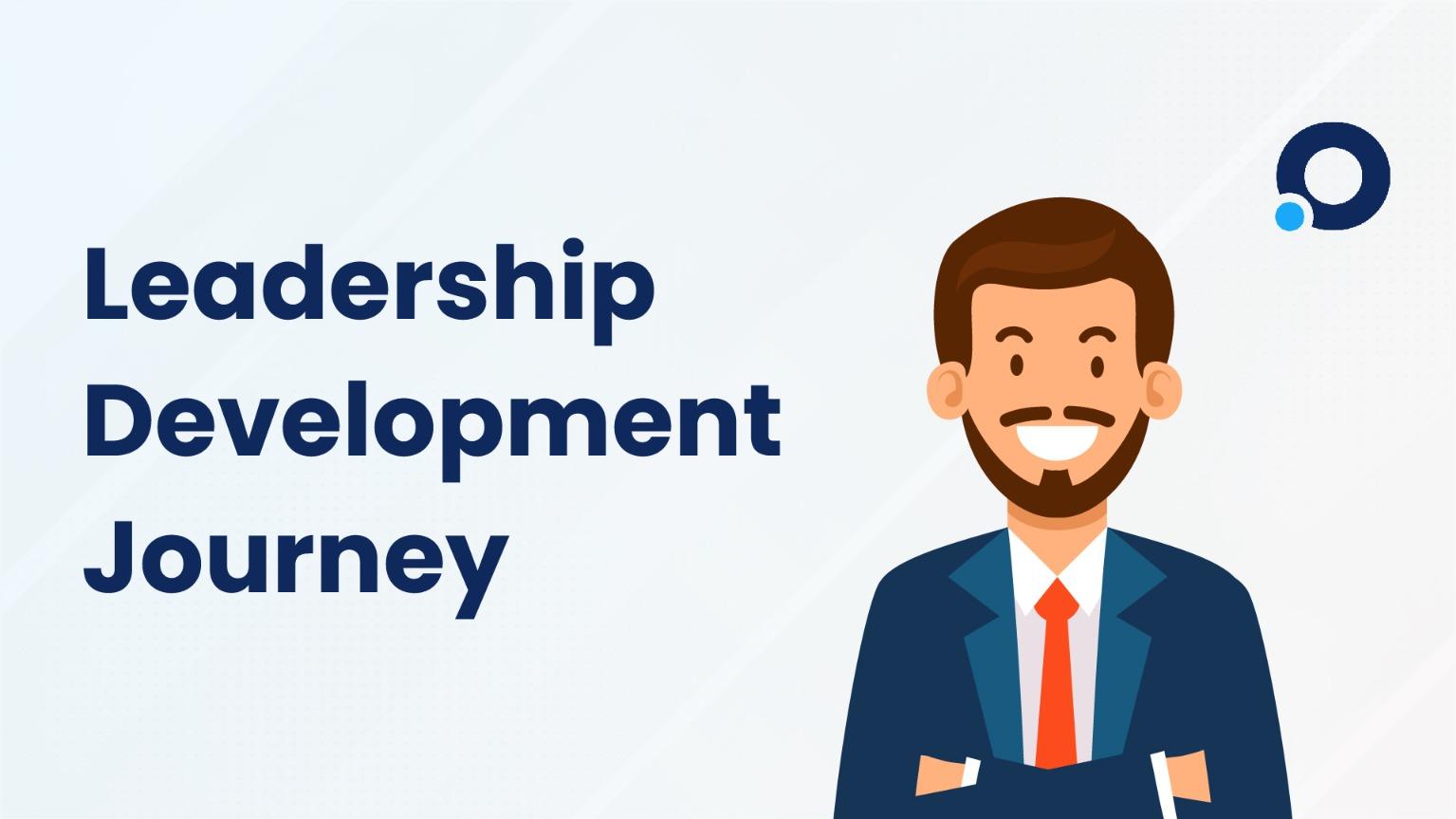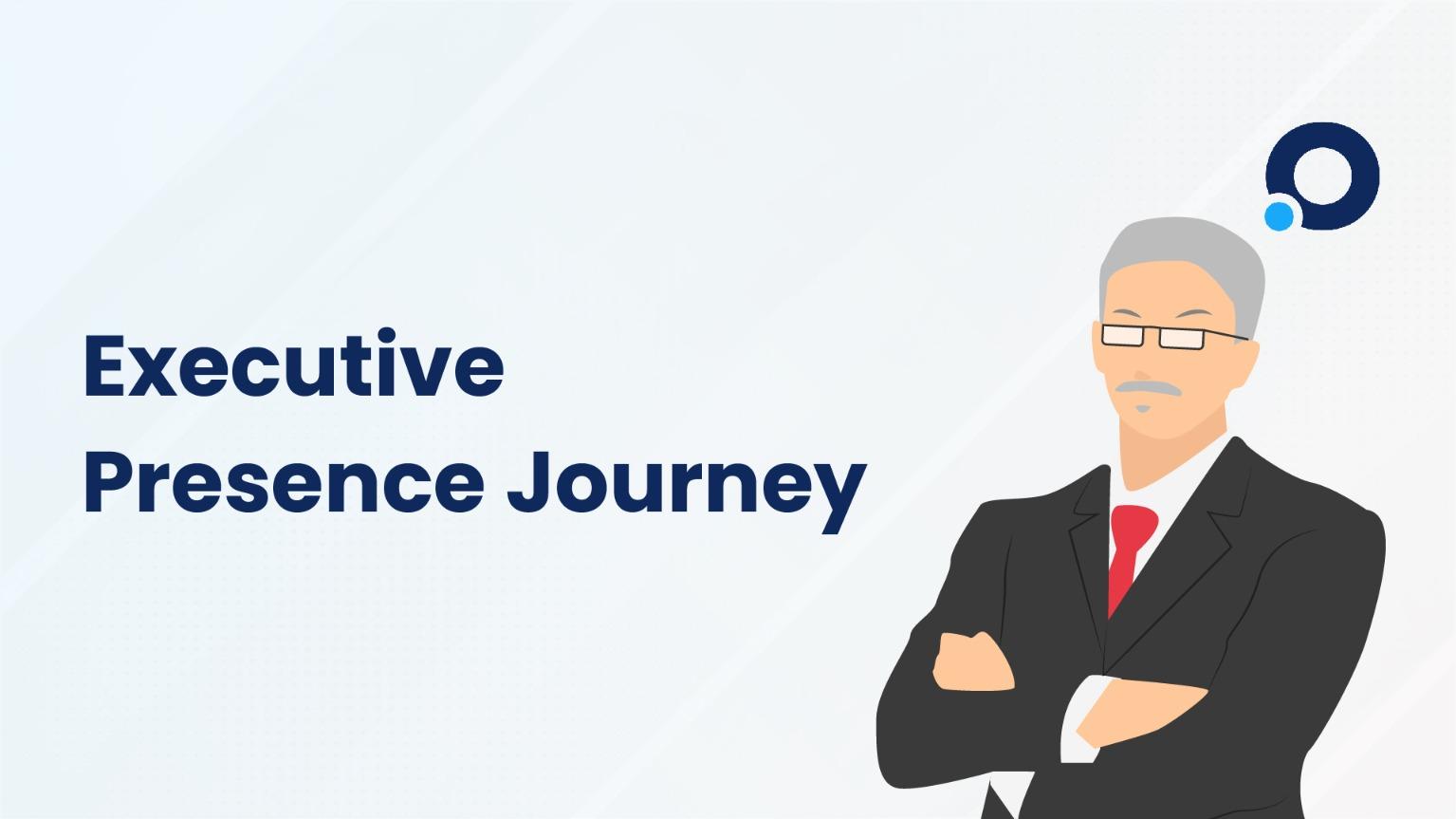Due to the enormous changes occurring in the business world today, flexibility is now one of the most crucial requirements of a manager. Originbluy trainings broaden the field of leadership and enable leaders to build and develop coping as well as problem-solving approaches when dealing with uncertain environments. This leadership style is especially suitable for today’s organizations because they operate in an environment where change is constant and rapid.
1. Understanding Adaptive Leadership
Adaptive leadership is not just another technique; it is an organizational belief whereby change becomes a constant learning, innovation, and people's work. At its core, adaptive leadership requires:
- Emotional Intelligence: Understanding and managing emotions to make sound decisions.
- Empathy: Understanding team needs and perspectives.
- Problem-Solving Skills: Utilizing challenges to create innovative solutions.
- Flexibility: Adapting methods to fit current situations.
Core Principles:
- Encourage Experimentation: Adaptive leaders promote risk-taking and learning through experimentation.
- Empower Others: They delegate responsibilities and trust their teams.
- Remain Open to Feedback: Constructive criticism is embraced as a tool for growth.
- Focus on Outcomes, Not Processes: Leaders prioritize value delivery over rigid procedures.
2. Importance of Flexibility in the Current Work Environment
Today’s rapidly changing technological landscape and economic challenges highlight the importance of flexibility. Leaders must adapt to evolving market conditions to remain relevant.
- Navigating Uncertainty: Flexible leaders adjust strategies in response to market fluctuations.
- Embracing Diversity: Promoting inclusivity enhances teamwork across diverse backgrounds.
- Driving Innovation: Flexible leadership fosters creativity in organizational development.
Case Study: COVID-19 Adaptation
Organizations that swiftly transitioned to remote work and technology-driven operations during COVID-19 thrived, while others struggled. Leaders who embraced flexibility ensured productivity while maintaining employee well-being.
3. Leadership and Workplace Resilience
Resilience complements adaptability by enabling leaders to handle pressure and recover from failures. Developing resilience ensures long-term success in dynamic environments.
Strategies for Personal Resilience:
- Cultivate a Growth Mindset: Turn challenges into opportunities for development.
- Prioritize Self-Care: Maintain physical and mental well-being for sustainable success.
- Develop Strong Support Networks: Engage with mentors, peers, and advisors.
- Embrace Change: Accepting change reduces stress and encourages proactive adaptation.
Strategies for Team Resilience:
- Build Trust: Encourage open communication and reliability within teams.
- Promote Psychological Safety: Ensure employees feel safe sharing ideas and concerns.
- Encourage Continuous Learning: Upskill teams to face new challenges confidently.
- Celebrate Small Wins: Acknowledge achievements to foster motivation and morale.
4. Conclusion
Adaptive leadership enhances organizational learning, cooperation, and resilience in volatile environments. Organizations can achieve success by fostering a growth-oriented culture, encouraging innovation, and training leaders to be agile and adaptable. Leadership development programs in cities like Mumbai offer valuable training for developing adaptive leadership skills.
Adaptive leadership does not require drastic changes but rather incremental, purposeful steps that align with emerging information. By adopting this leadership style, organizations can create a proactive, sustainable workplace for future leaders and teams.





